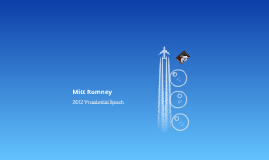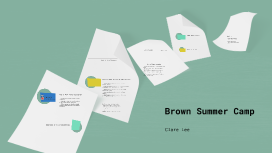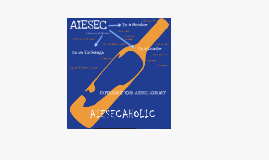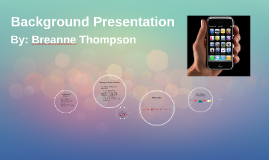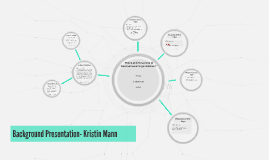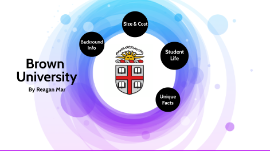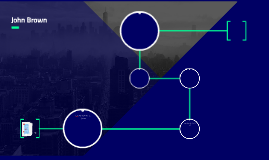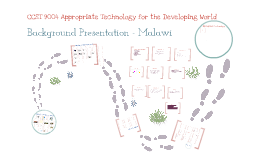Brown Presentation
Transcript: Magic, Science, Religion Benefits • Explore how different cultures understand the world through belief systems. • Learn how magic, science, and religion overlap, influence each other, and evolve over time. • Study the impact of colonialism on indigenous beliefs and cosmologies. • Engage with philosophy, anthropology, and cultural history. • Use ethnographic films, group projects, and reflective writing to compare worldviews. • Brown University ensures safe, structured, and enriching learning. • No prior knowledge is required • The program boosts college readiness and strengthens my application. • It builds independence in a supported environment. Religion, Race, and Comedy A Humanist Approach to Artificial Intelligence Just What Is Justice? • Analyze comedy’s role in coping with tragedy and injustice. • Study how humor intersects with religion, race, politics, and power. • Read theory, watch sketch comedy, and examine public culture. • Learn to read theory critically and write persuasive essays. • Discuss how laughter can heal, challenge, and empower. • Learn John Rawls’ theory of justice and how it shapes today’s debates about fairness, equality, and society. • Practice reading and evaluating real philosophical arguments. • Develop strong critical thinking by identifying assumptions in moral and political discussions. • Learn to write and argue with clarity about important societal issues like rights, cooperation, and equity. • Leave with a foundation in political philosophy that connects to law, politics, and ethics. • Learn what AI is and isn’t—clearly, and with a human-centered lens. • Study philosophical ideas about thinking, learning, and technology from Plato to today. • Explore how culture and media depict AI and its ethical implications. • Develop a critical, thoughtful understanding of how AI will shape the future of art, authorship, and society. • Create and interpret art or ideas based on what you learn about AI’s human impact. Music in Social Movements Historical Trauma & Oppression • Understand what a social movement is and how music contributes to activism. • Explore the relationship between music, power, and protest—across genres, countries, and causes. • Examine how performance, media, and technology energize public awareness and social change. • Learn how to critically analyze music used in movements for racial justice, climate action, and human rights. • Gain tools to write and speak persuasively about music, justice, and identity. • Understand how racism, sexism, and classism impact health outcomes. • Learn about intersectionality and how identity affects health disparities. • Explore sociological and psychological theories like allostatic load, minority stress, and weathering. • Apply frameworks to real-world health inequality. • Gain tools to become an informed advocate for change in healthcare and public policy. A Window on Russia: Moscow in the Modern Imagination • Explore Russian identity through literature, history, and art. • Study the symbolism and cultural meaning of Moscow in contrast to St. Petersburg and the West. • Analyze historical events and how they shaped Russia’s self-image. • Learn how ideology and propaganda influence culture. • Build skills in literary analysis, historical thinking, and college-level writing. What is Brown Pre-College Course? Global Climate Change: Why We Must Act Now • A prestigious program hosted by Brown University. • Designed to give high school students a real college seminar experience. • Offers courses that develop critical thinking, global awareness, and academic confidence. • Understand how climate systems work and how they’re changing. • Study the science behind climate change and its impact over time. • Explore social and political responses, including international agreements like the Paris Accord. • Analyze climate justice and the disparities between developed and developing nations. • Practice data visualization, critical reading, and environmental science basics. Brown Summer Camp Courses I'm Considering Clare Lee






